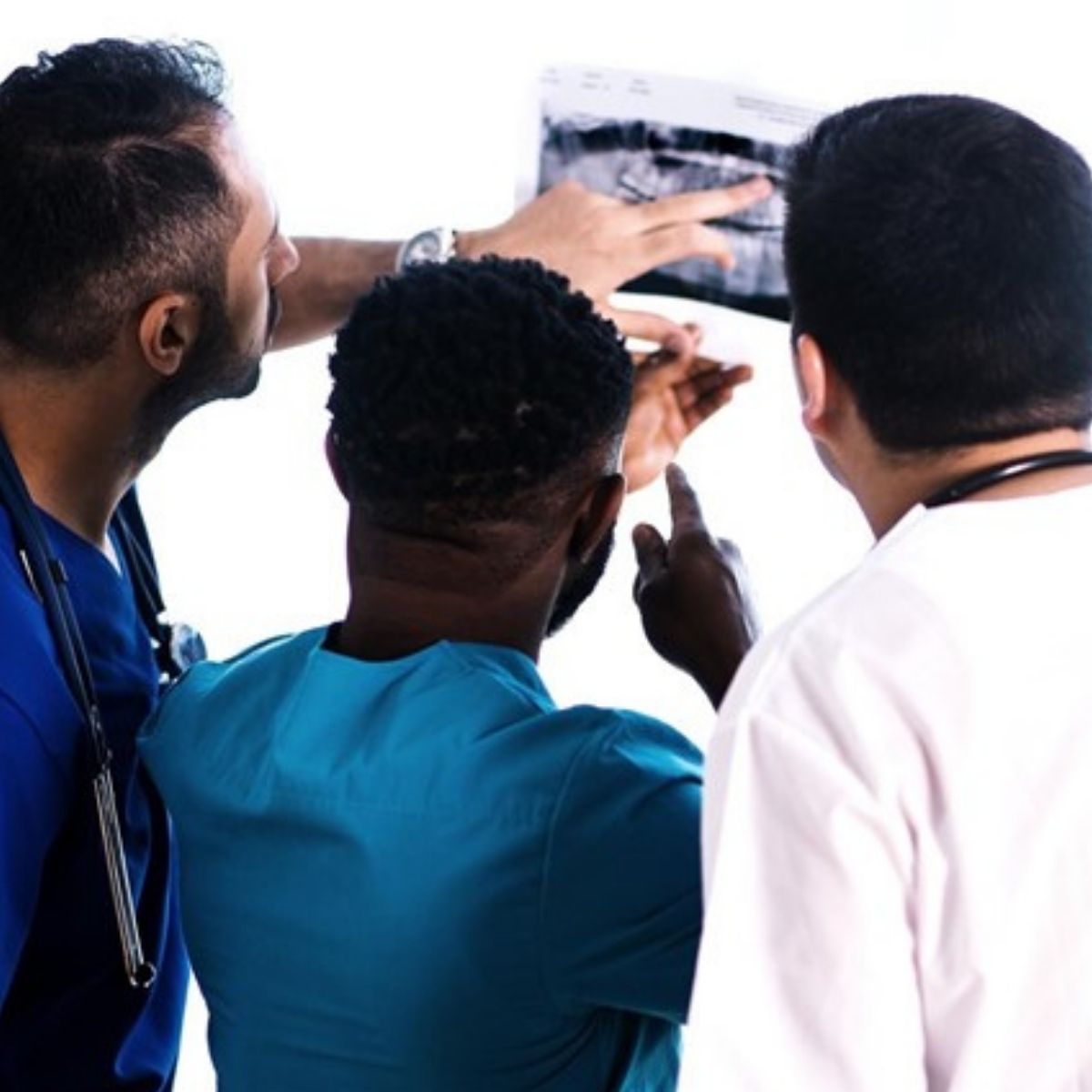One of my mother’s favorite movies was The Ten Commandments, a 1956 C.B. DeMille American classic. As a child, the overpowering presence of Moses as played by Charlton Heston was etched in my mind.
Equal on the screen was Yul Brynner portraying Ramses II, Egypt’s Pharaoh. His name is rarely mentioned in the movie but rather he is referred to simply as “Pharaoh,” which was his job title as the political and religious leader of Egypt.
In this movie, Moses demands of Pharaoh that he let the Israelites go. Pharaoh’s calm response is, “The slaves are mine, their lives are mine and all they own are mine.”
While the cultural setting and historical significance is far from our Western lives today, I wonder if Pharaoh’s philosophy regarding people can subtly be seen in leadership today.
He doesn’t respect the slaves as people; rather, he sees them as an object to fulfill an end goal. It goes without saying that he doesn’t compensate them fairly.
A great teacher I know left a Christian school to go work elsewhere. A former colleague from that school told me they are not treated well, not compensated adequately and overworked—all in the name of ministry and good works. Pastors and church workers frequently leave their jobs at churches for many of the same reasons. When we see people as a means to getting work done and not lives to invest in, our leadership style resembles Pharaoh more than Jesus.
Generally, people in the marketplace do not leave their employer for only reasons of compensation. That may be what they tell you as to why they left, but organizational culture and how they are treated and respected greatly affect their decision, and generally cause them to begin looking elsewhere.
When God commanded the people of Israel to take a Sabbath rest, he was offering them a gift as their loving father. In contrast, Pharaoh did not let the Israelite slaves rest and worked them into exhaustion. He would never have considered giving the slaves a day of rest. Since God designed our bodies as temples of the Holy Spirit (1 Cor 6:19), we need to care for both our minds and our bodies.
Today’s technology can make setting boundaries challenging. With instant communication there may be an expectation of instant availability and work after hours. For those with responsibility in the home, it is part of their good works and service to Christ to be a good spouse and parent. They need to be present and involved in their families.
Ironically, overworking an employee to increase productivity can actually cost an organization not only by turnover, but increased health costs due to stress and children getting into trouble. Pharaoh treated the slaves as objects or as a means to fulfill an end purpose. Organizations today can overwork people, downsize too much, and expect people to do what they are told rather than to be creative and innovative in their work.
No matter the organization’s mission or the economic and market pressures, God has placed every individual in that organization to make a real contribution. After all, we are made in God’s image, which makes us creative beings.
Pharaoh did not adequately compensate the slaves. Clearly today some jobs and industries pay more than others, and that is a choice when choosing a field of work. However, people should be able to at least keep up with the cost of living. People also want to be a part of a team, to be recognized for their contributions, to make a difference, to be respected, and given an opportunity to lead and innovate.
Leadership is a gift and a responsibility.
Masters, provide your slaves with what is right and fair, because you know that you also have a Master in heaven (Colossians 4:1 NIV).
So, what should you do if you find yourself working for a modern-day Pharaoh?
1. Where possible, establish boundaries between your work and personal life. If it is possible, as far as it depends on you, live at peace with everyone. (Romans 12:18 NIV).
2. Remember you are first working for Jesus. Whatever you do, work at it with all your heart, as working for the Lord, not for human masters (Colossians 3:23 NIV).
3. Consider this a test and grooming of your character. Blessed is the one who perseveres under trial because, having stood the test, that person will receive the crown of life that the Lord has promised to those who love him (James 1:12 NIV).
4. Respect your leaders in word, action, and deed. Let everyone be subject to the governing authorities, for there is no authority except that which God has established. The authorities that exist have been established by God (Romans 13:1 NIV).
5. Pray for your leaders; it’s a tough job! …I urge that petitions, prayers, intercessions, and thanksgiving be offered on behalf of all men for kings and all those in authority, that we may live peaceful and quiet lives in all godliness and holiness. (I Timothy 2:1-2 NIV).
There is no perfect leader, no perfect organization, no perfect job, and no perfect employee. But God is perfect, and Jesus is working out his plans for you no matter how messy it might seem right now.
In the movie, The Ten Commandments, Pharaoh incorrectly believed that the people were his to command. What Pharaoh painfully learned is that everything belongs to the Lord (Deut. 10:14) and the people were only his to steward. Remembering that those we work with are opportunities for service will help us keep God’s perspective and maybe bring out the best in people.
Helen Mitchell is an ethics, leadership, and strategy professor in the Crowell School of Business at Biola University in La Mirada, CA. As the Director of the Talbot Center for Faith, Work & Economics at the Talbot School of Theology, she works with churches and pastors on faith and work integration. Helen is also a certified leadership and strategy coach, consultant, speaker, author, a faculty member for Professional Christian Coaching Institute, and oversees the leader learning initiative for Convene Corporation.
She started her business career with AT&T becoming an Area Vice President at the age of 30 with Lucent Technologies. As a licensed pastor, she was the architect and visionary of the Saddleback@Work ministry at Saddleback Church.
She holds a master’s in Organizational Leadership from Biola University, and a master’s in Biblical and Theological Studies from the Talbot School of Theology, at Biola University. She also attended the Senior Executive Program at Columbia University. www.helenmitchell.org
Written by: Helen Mitchell
Tagged as: Spiritual Life Work Life
Content Similar to This


